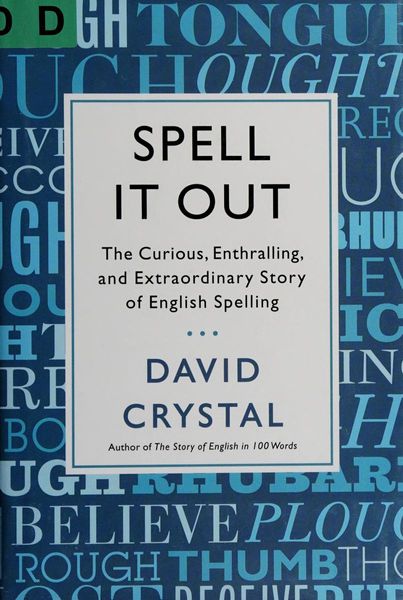
Spell It Out The Curious, Enthralling and Extraordinary Story of English Spelling
A lesser-known history of English spelling by the award-winning author of The Story of English in 100 Words is presented through engaging, pithy chapters that cover such topics as the introduction of the Roman alphabet, each letter's origins and the development of long and short vowels.
Reviews
Katherine Yang@bookwormgirl910